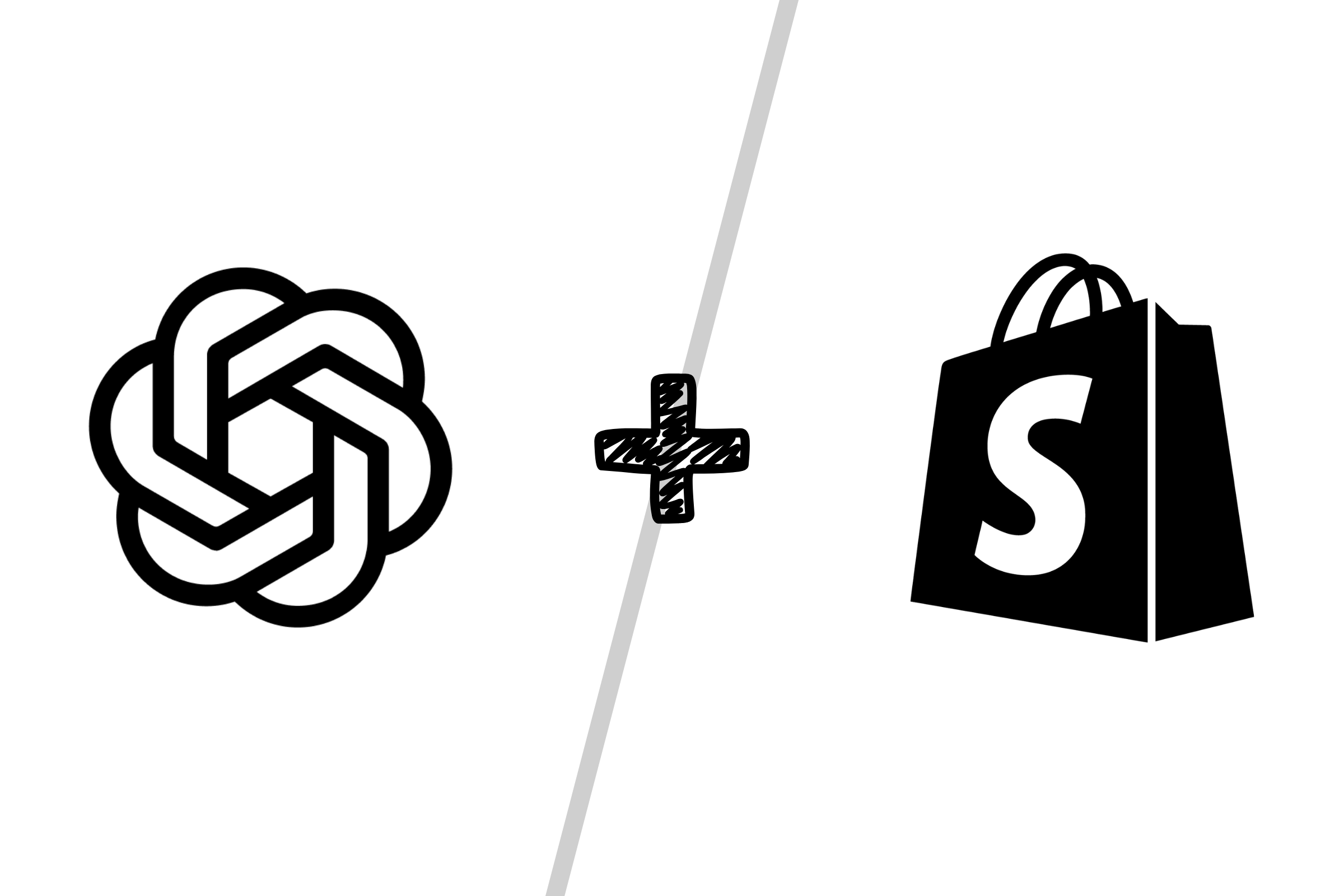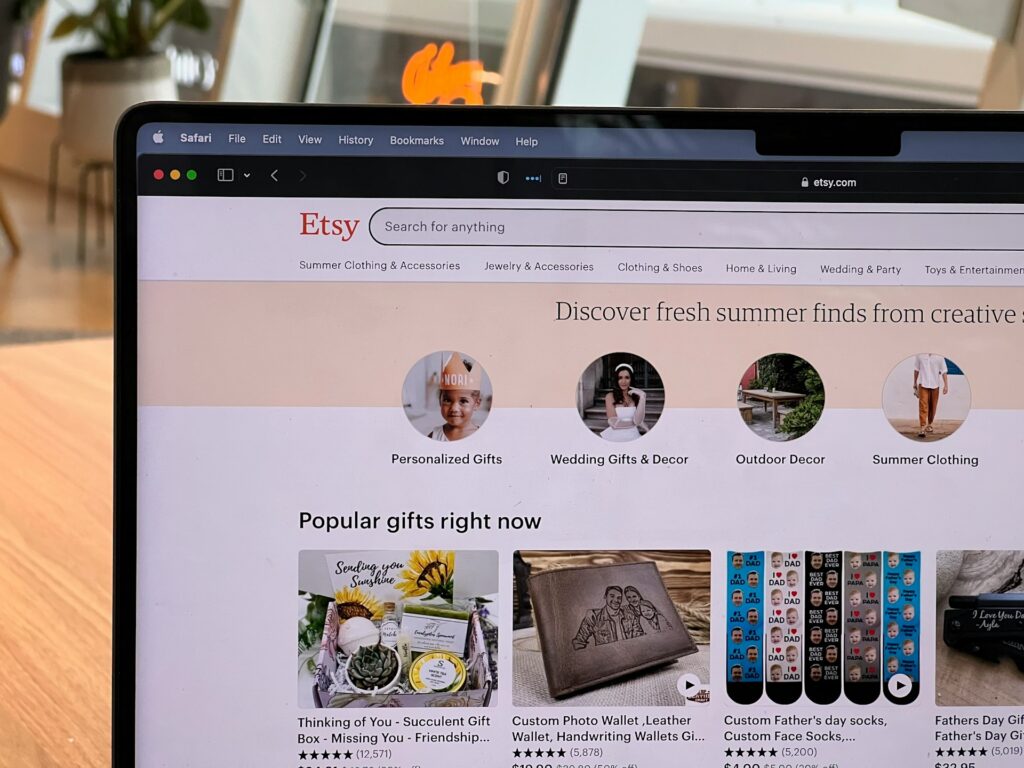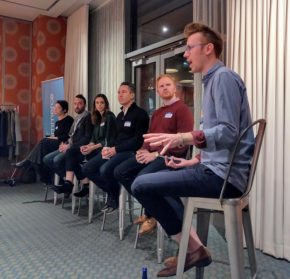
Over the past year, AI has moved from being a helpful tool in the background of ecommerce to an active driver of how people discover, evaluate, and buy products online. The announcement of ChatGPT’s integration with Shopify, including direct in-chat checkout capabilities, marks a major turning point in an already accelerated industry disruption.
The future of commerce is increasingly conversational, and that shift will fundamentally change affiliate marketing.
At StackCommerce, the parent company of StackSocial, we’ve been thinking deeply about how this AI evolution impacts how we distribute products, acquire customers, and work with affiliate partners. Here’s how we’re preparing and how you can too.
Why ChatGPT + Shopify Matters More Than You Think
At first glance, this might look like just another integration. But it’s more than that. When users can discover and purchase products directly inside ChatGPT, it eliminates friction, shortens the buyer journey, and moves the point of purchase closer to the point of intent.
For merchants, that means distribution is no longer limited to traditional affiliate channels like blogs, deal sites, or email lists. The new distribution layer will include AI-driven discovery outside of search; products will be surfaced in places where users ask questions, get recommendations, and convert in the same conversation.
In other words, AI is becoming a distribution partner. And if OpenAI or others monetize that interaction through commissions, they will, at least partially, function as affiliates themselves.
This opens new opportunities for merchants, but only if we are proactive in how we prepare.
What It Means for Affiliate Strategy
If conversational AI is going to recommend, merchandise, and even transact on behalf of users, then our approach to affiliate distribution needs to evolve in three key ways:
- From link sharing to intent matching. Getting links in front of people won’t be enough. We need to align product positioning with the intent behind the questions people are asking.
- From static partnerships to dynamic placement. AI surfaces will prioritize relevancy and context. The more structured, accurate, and intent-matched our product data is, the more likely we are to be surfaced.
- From one-off campaigns to always-on visibility. Affiliates in an AI world won’t just promote deals. They will power recommendations around the clock, and our products need to be ready for that.
Five Tactical Strategies We’re Focusing On

Here are five specific, actionable steps we’re taking that any merchant serious about affiliate growth in the AI era should consider:
1. Optimize Product Data for AI Discovery
The days of simple product titles and vague descriptions are over. AI relies on structured, semantic data to understand and recommend products. We’re investing in:
- Detailed, keyword-rich titles that answer the kinds of questions people actually ask (“best budget-friendly coding bootcamp online,” “lifetime VPN for under $50,” etc.).
- Comprehensive metadata, including category, use case, audience, and value proposition, to improve discoverability in AI recommendation engines.
- Contextual product copy that is benefit- and solution-oriented, not just feature-based.
Think of it as SEO for AI. If your product isn’t easily understood by a language model, it’s less likely to be recommended.
2. Build AI-Ready Offer Bundles
One advantage of conversational commerce is that recommendations can solve bigger problems, not just sell individual items. We’re experimenting with curated solution bundles — digital products, software, or physical goods packaged together under a single theme, such as “Remote Work Starter Kit” or “Ultimate Home Security Bundle.”
These bundles are more likely to be recommended because they align with user intent (“I want to work more productively from home”) rather than a narrow query (“I need a laptop stand”).
3. Implement Tiered Commission Models to Incentivize High-Intent Partners
Affiliate strategies shouldn’t be one-size-fits-all. To prepare for an ecosystem where AI-driven affiliates may play a bigger role, we’re rethinking how we structure commissions:
- Higher commissions for partners who drive higher order values.
- Performance-based tiers that reward partners for volume, conversion quality, or retention.
- Exclusive bonus structures tied to new AI-driven channels such as chat-based recommendations or GPT-powered tools.
This kind of flexibility can attract a new wave of partners, including AI product curators and app developers, who might not have fit the traditional affiliate model. It’s also an extension of our smarter affiliate partnerships playbook.
4. Invest in Content Designed for Conversational Queries
We’re also rethinking how we approach top-of-funnel content. Instead of writing for search engines alone, we’re creating content optimized for natural language questions (aka the kind people ask ChatGPT).
Examples include:
- “What are the best tools to automate my small business?”
- “How can I improve my productivity without hiring more staff?”
- “What’s a great gift for a new homeowner under $50?”
When your content is written in the same language people use in chat, it has a higher chance of being referenced or recommended by AI tools.
5. Experiment With AI-Native Affiliate Channels
Lastly, we’re actively exploring partnerships with custom GPT creators, AI browser extensions, and conversational apps that are emerging as new affiliate distribution channels.
Imagine your product being recommended inside a “Startup Tech Stack Advisor” GPT or featured in a curated shopping assistant. These are the kinds of placements that will become increasingly valuable, and they’re still early-stage opportunities right now.
From Search to Dialogue: The Next Chapter for Affiliate

The Shopify partnership is just the beginning. Soon, users won’t run simple product searches in a browser or even a store’s website. Instead, they hop onto a chatbot app, describe their needs, and the AI will do the searching, curating, and — most crucially — purchasing. It’s imperative that we redefine our approach to affiliate marketing, customer acquisition, and product positioning.
On the Stack team, this shift isn’t something to fear, as we’re no strangers to leveraging AI developments. By optimizing our product data, experimenting with new affiliate structures, and leaning into AI-driven discovery, we’re positioning ourselves and our partners to thrive in the next era of commerce.
The merchants who win won’t be the ones chasing yesterday’s affiliate strategies. They’ll be the ones building for tomorrow’s, and that tomorrow is starting now.

